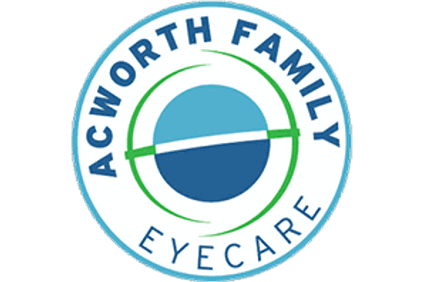
Most stroke survivors experience some degree of visual dysfunction following a stroke. Here are the 4 main types of visual complications that may result from a stroke and ways neuro-optometry can help.

Boys who exhibit inattention and hyperactivity are at risk of traumatic brain injuries (TBI) and potentially, vision problems. Find out how TBIs and vision are related and what you can do to help your child following brain injury.

How is sleep apnea, concussion, and vision connected? They share many symptoms and can impact each other adversely. Read on to learn more!

Here are 10 facts about vestibular disorders. If you or anyone you love is experiencing dizziness or other vestibular dysfunction symptoms, read on to learn more about the condition and discover how a neuro-optometrist can help.

Many things can cause headaches: allergies, infections, and even a drop in barometric pressure. Did you know that untreated visual problems could also be the culprit?

If you frequently experience headaches or migraines, you may have binocular vision dysfunction (BVD) — a misalignment of your eyes. Find out how a neuro-optometrist can help you get the relief you’re seeking.
